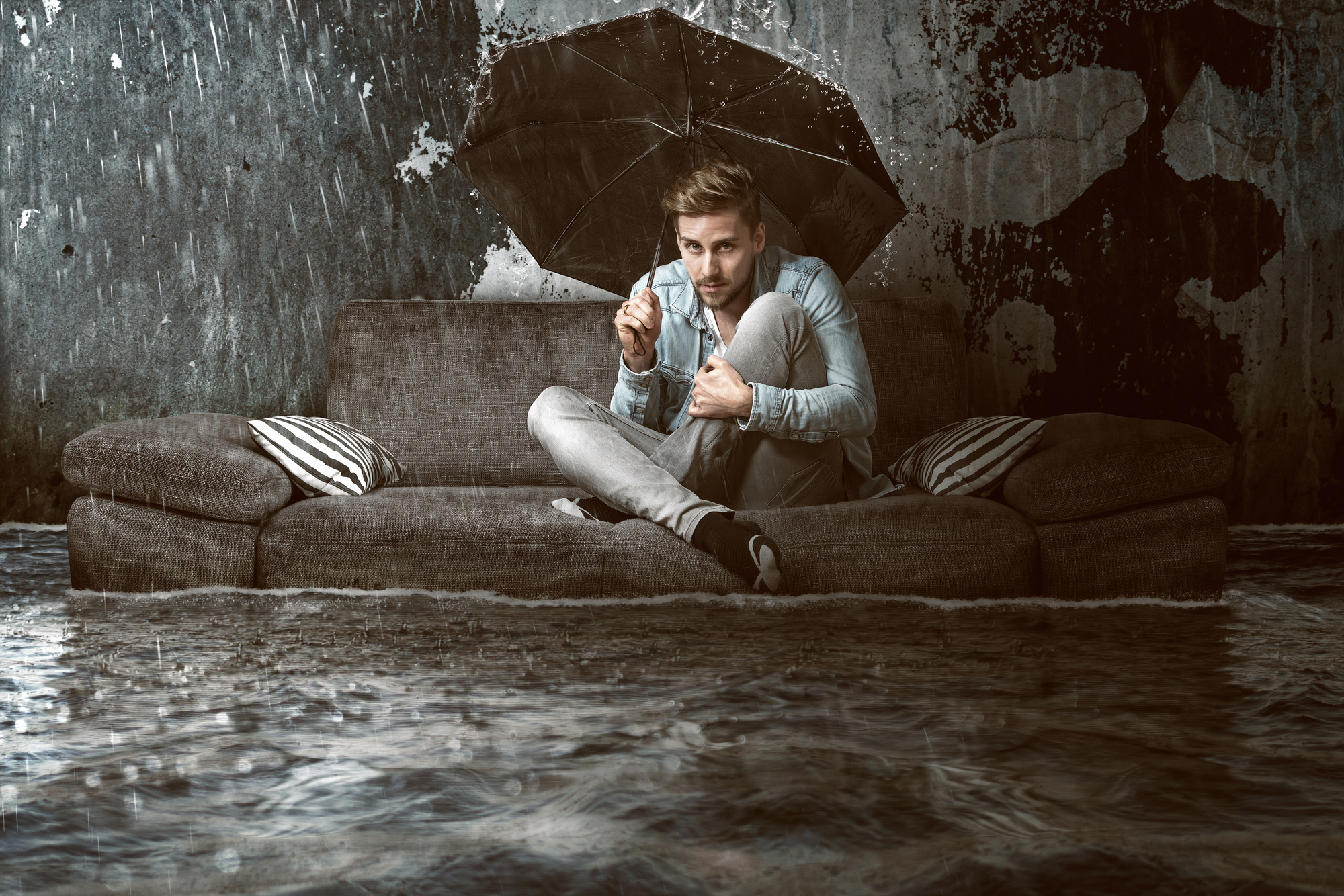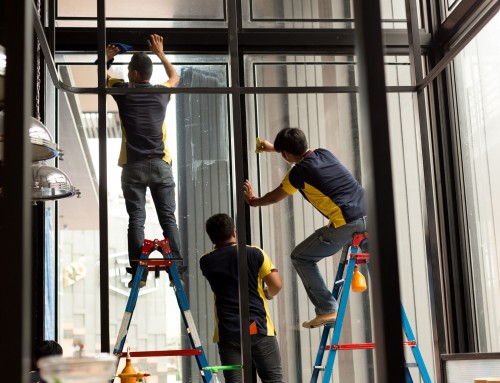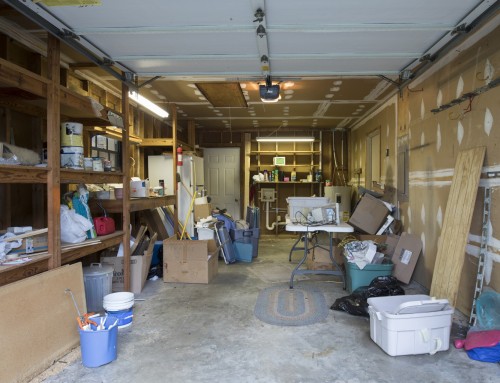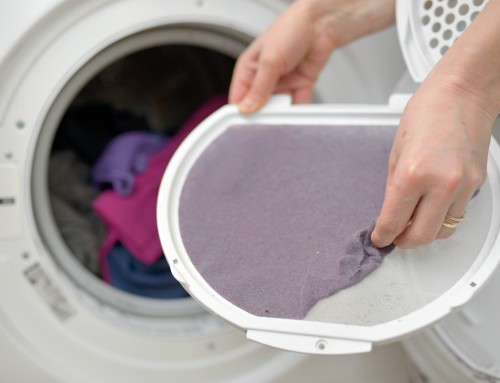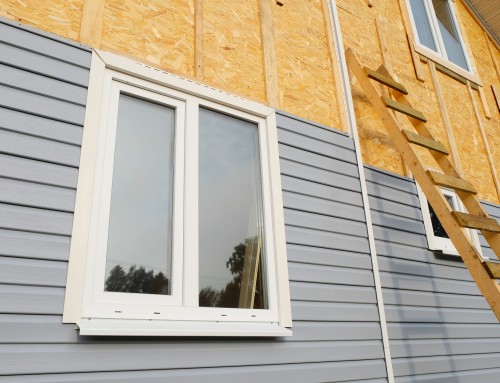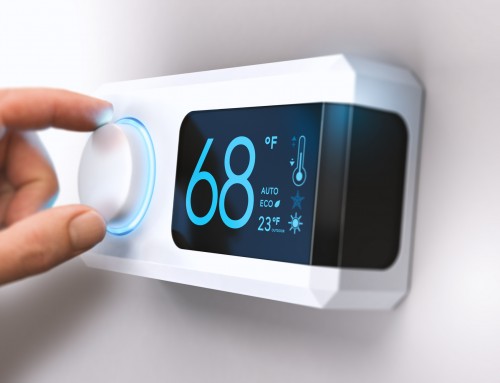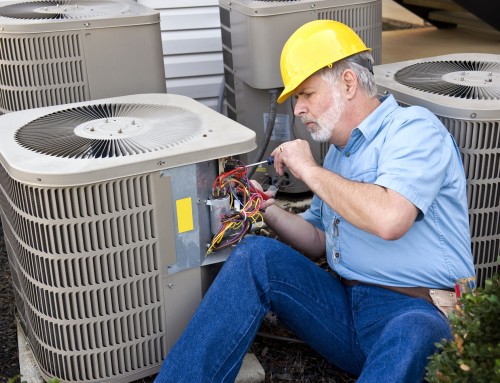Every year, floods cause more than $40 billion worth of damage around the world.
They are among the most destructive and most common natural disasters that can occur.
Whether a pipe freezes and bursts or a hurricane blows through your town, it’s important to know what to do if your house floods.
Let’s take a look at how to prepare for a flood and what to do after a flood in your home.
Find the Cause
In some instances, the cause of a flooded house is obvious, such as with a natural disaster.
In others, you’ll need to locate where the water is coming from and stop it. The easiest way to stop the water source is to turn off the main water valve in your home. It’s a good idea to have located your main water valve ahead of time so you can easily turn it off in the event that you need to.
Shut Off the Electricity
Once the flow of water has stopped, you’ll want to turn off all the electrical systems in your house. However, you should never walk through water in order to access the fuse box. If it’s impossible for you to turn off the electricity without walking through water, you should call an electrician to handle it.
Evacuate the Property
If there’s a sewage leak or a burst pipe, you’ll want to find a safe, dry spot outside to evacuate to. Make sure that everyone is accounted for that may have been home: kids, friends, pets, etc.
In the instance of a natural disaster, ask authorities or listen to the local news to find temporary shelter.
Be Careful of Contaminated Water
When your house floods, you want to be very careful about coming in contact with floodwater. The water could be contaminated by sewage or household chemicals.
Where high waterproof boots or waders if you have to pass through flood water. When removing water-damaged possessions from your home, wear rubber gloves.
Document Everything
Take tons of photos of the flooding and damage before beginning to clean up. This can ensure that you get the flood coverage that you are entitled to.
Call Your Landlord Or Insurance Company
If you’re a renter, you’ll want to call your landlord to let them know that the property has flooded.
If you’re a homeowner, you’ll want to give your insurance company a call.
Once you have stopped the leak, turned off the electricity, and made sure everyone in your household is safe, you should call your insurance company. You should always have their number in your phone contacts so that you can call them in the case of an emergency.
Many homeowners policies do not come with flood insurance, so if your home has been flooded due to a natural disaster you’ll have to ask about your coverage. If you live in a flood-prone area, it’s a good idea to purchase a flood insurance policy. If you wait to do so right before a natural disaster is known to be approaching, it will be quite a bit more expensive.
It can be a good idea to have a lawyer assist you in getting the coverage you’re entitled to. Check out the lawyer group that specializes in representing people with flood insurance claims.
Start the Cleanup Process
Cleaning up after a flood can be an arduous process. The water will need to be removed and your personal items salvaged. Then the space will have to dry out and be disinfected.
You’ll want to be sure you’re wearing proper safety gear while undergoing the cleanup process. This is because you want to avoid any contact with bacteria.
Prevent Mold Damage
Mold can be a major issue after a flood, particularly black or toxic mold. In order to avoid this issue, you’ll want to keep the areas that flooded as dry as humanly possible and also treat potential problem areas with a bleach solution or other strong cleaner.
How to Prepare For a Flood
If you know that a natural disaster is going to strike your area, there are a number of things you can do ahead of time to prepare your family and your home.
First, you’ll want to know if your property lies in a flood-risk area. Then, you’ll want to find out about temporary shelters and emergency evacuation routes. You should listen to the authorities if they order an evacuation of your area.
Ahead of time, prepare an emergency kit with medical supplies, extra food, and extra clothes. It can be a good idea, in general, to have emergency “go” backpacks ready for every member of your family so that you can quickly leave if disaster strikes.
Talk with your family ahead of time about what the plan is if the house begins to flood. Prepare an evacuation plan and meetup spot, and hold practice drills regularly. It’s also a good idea to have emergency numbers saved to your phone and posted in a prominent location.
The more you know before a flood hits, the better off you’ll be. Here’s a handy flood safety checklist from the Red Cross.
Now You Know What to Do After a Flood In Your House
No one wants to deal with a flooded house, but mitigating the issue in the proper fashion can ensure that the least amount of possible damage is done. Flood preparation before you face an emergency is essential so that you aren’t caught without what you need when emergency strikes.
Did you find this article about what to do after a flood in your house useful? If so, be sure to check out the rest of our blog for more informative articles!

